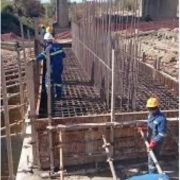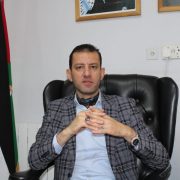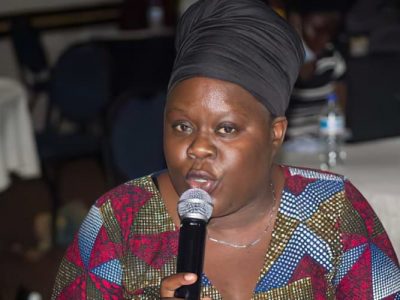Zimbabwe stands to benefit from a funding proposal to train security services on freedom of expression and safety of journalists.
United Nations Educational, Scientific and Cultural Organisation (UNESCO) in partnership with International Police Association (IPA) has unveiled a proposal to train security services in areas considered dangerous to freedom of expression and safety of journalists.Although Zimbabwe has not been mentioned specifically it is considered as one of the beneficiaries.
The two partners came to this decision after a 2020 UNESCO study of 65 countries pointed to a sharp rise in violations of press freedom during protests, including harassment, intimidation, attacks, arrests and even killings of journalists, often carried out by police and security forces. A lack of police training on how to maintain order while enabling journalists to do their job is considered a major contributor to this problem.
In a statement UNESCO and IPA highlighted the need in training police and security forces as a way of ensuring a safe environment conducive to freedom of expression.
“Police and security forces are critical duty bearers in ensuring that journalists are able to do their jobs safely and that any violations against press freedom are investigated and punished in accordance with the law,” said Audrey Azoulay, Director-general of UNESCO. “Through this partnership with the International Police Association, UNESCO will expand its global programme to protect journalists and fight the longstanding impunity for crimes against journalists.”
“We are very pleased to join efforts with UNESCO to ensure that security forces are aware of their vital role in protecting journalists and in ensuring a safe environment conducive to freedom of expression. Good, transparent communication with the media will also improve the public image of the police services,” said May-Britt Ronnebro, Secretary-General of the International Police Association.
The statement also read that, “The two partners will launch a global Massive Open Online Course (MOOC) open to police all around the world. It will comprise a series of free online courses and is based on the UNESCO Training Manual on Freedom of Expression and Public Order. It is aimed at police, security forces and law enforcement agencies, including trainers of police officers, gendarmerie, emergency preparedness, security and police trainees, intelligence officers, riot police, spokespersons of police and investigators.
UNESCO and IPA training will encourage police to pursue investigations of journalist killings and other crimes that remain unresolved for may years, it will also ensure that all the criminals are identified and prosecuted.
To implement this training, UNESCO will draw from its long experience of training judges, who also play a critical role in the protection of freedom of expression, freedom of press and access to information. Since 2013, the Organization and its partners have trained 23,000 judges, judicial actors and civil society representatives from around the world on international standards around these issues.
UNESCO has already trained 8500 police in 17 countries in Latin America, Africa and the Arab region through local partnerships. This work will be expanded and accelerated through this new agreement with IPA, which has 372,000 members in nearly 100 countries.
Zimbabwe is considered one of the most dangerous places for journalists in the world. The country has also been flagged for gross human rights abuses and denying citizens rights to demonstrate or express their political feelings freely. Zimbabwean police and security services are also notorious for brutalising journalists and citizens including reports of disappearances.To date one journalist Itai Dzamara was allegedly abducted by the same security forces being trained and has still not been found almost 5 years later.
Other journalists that have suffered at the hands of security Services are the likes of award winning journalist Hopewell Chin’ono and Jestina Mukoko







Comments